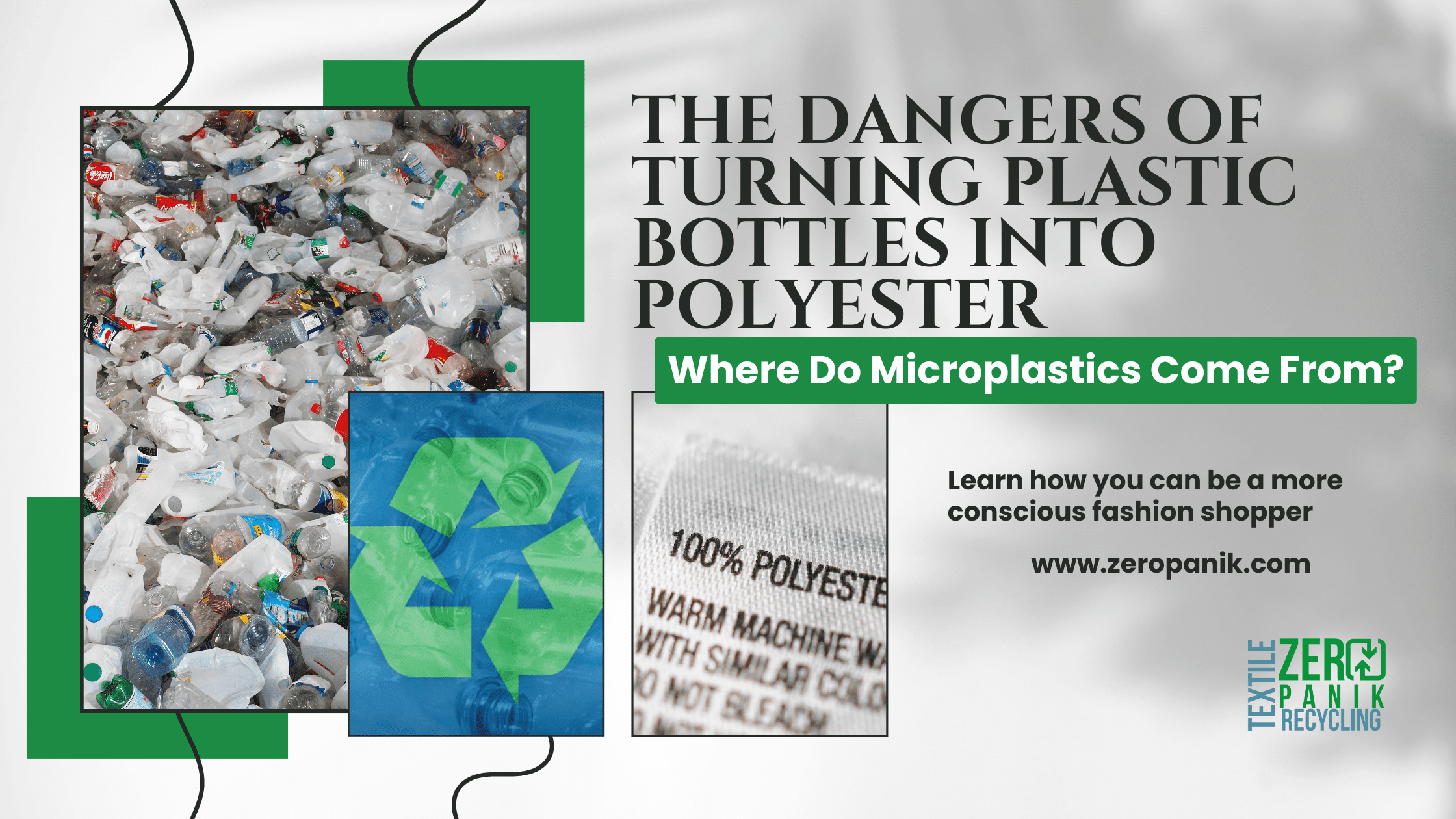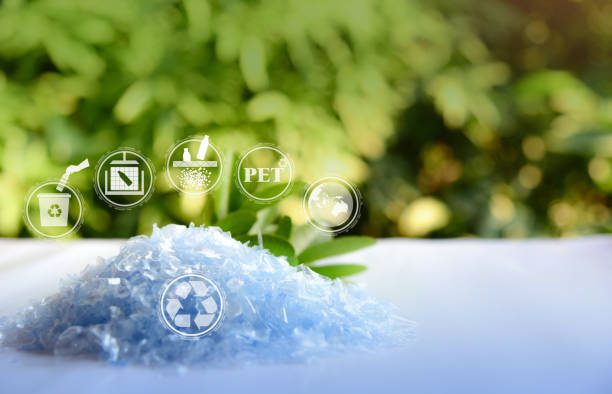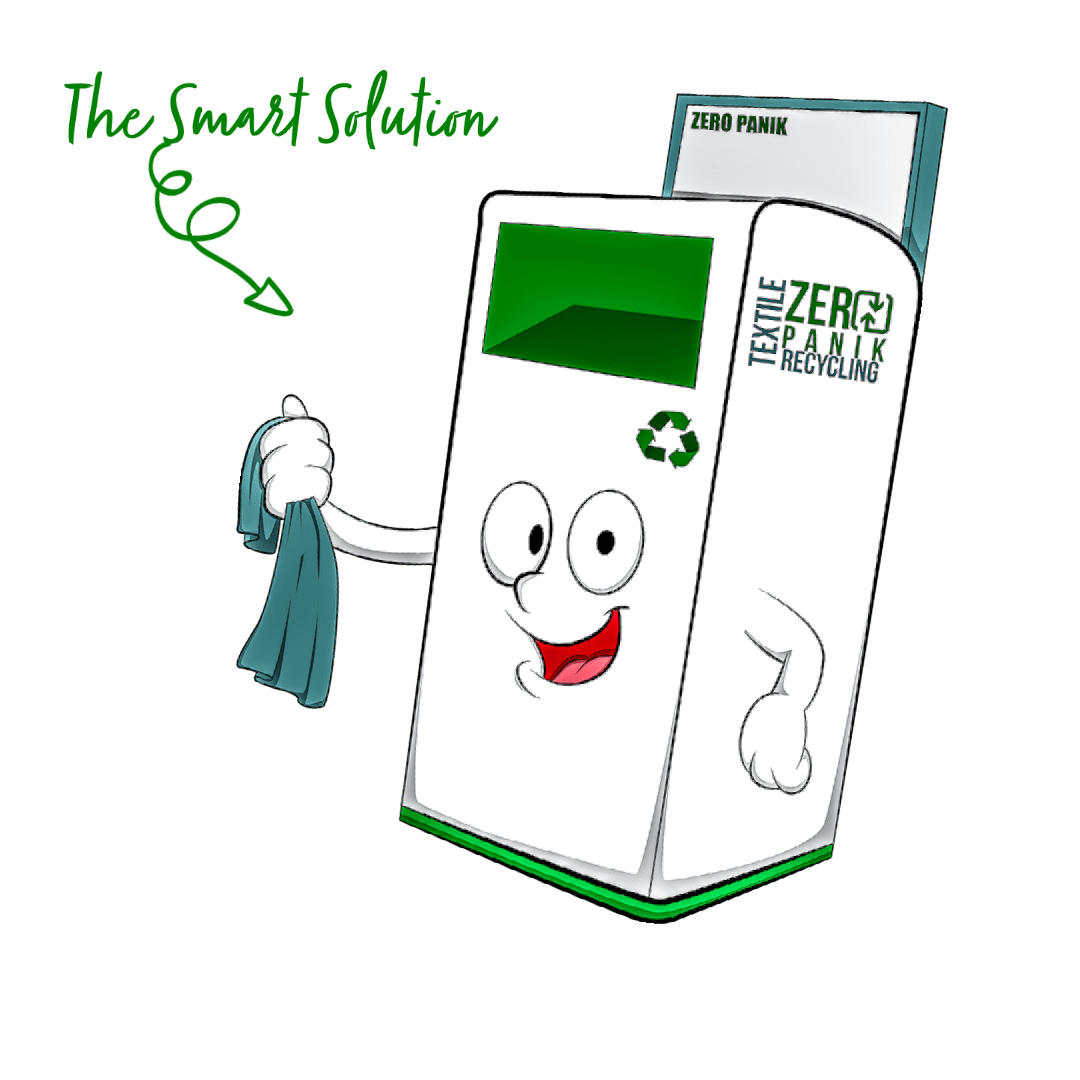
The problem with plastic bottles
The problem with plastic bottles is that they’re made from petroleum. The process of turning petroleum into plastic is extremely energy intensive, and it pollutes the environment both during and after production.
Not only does the production of plastic bottles pollute the environment, but the bottles themselves are a major source of pollution. Every year, billions of plastic bottles end up in landfills, where they take hundreds of years to decompose.
And if that’s not enough, the evidence is mounting that the chemicals in plastic bottles are slowly poisoning the planet. These chemicals are leaching into the groundwater and making their way into the food chain. They’re even showing up in the bodies of humans and animals.
All of this is to say that we need to find a better way to quench our thirst. We need to find a way to turn off the tap of plastic bottle production. And we need to do it now.

The dangers of turning plastic bottles into polyester
Are clothes made from recycled plastic good for the environment? Over the past decade, the oil-based plastics industry has seen an increase in the production of polyester, made from used plastic bottles. While this may seem like a good thing on the surface, the truth is that turning plastic bottles into polyester also comes with serious ecological and human costs.
The first is the waste created by the manufacturing process and its impact on the ecosystem. Polyester production requires large amounts of resources such as water and energy. Furthermore, it relies heavily on the use of chemicals like benzene, formaldehyde, and acetaldehyde, which can be toxic to both humans and wildlife. This waste can lead to health and environmental problems.
The second major issue is the fact that polyester production can produce large amounts of air pollution. Polyester production emits greenhouse gases like carbon dioxide and methane, which are major contributors to global warming.
Lastly, petroleum-based plastics are not biodegradable. This means that they take thousands of years to decompose, leading to increasing amounts of non-biodegradable waste accumulating in our environment. This waste is extremely hard to manage and clean up, leading to further strain on our planet.
Why this is a problem for our planet
Clothing made from recycled plastic bottles is toxic to you and the planet. The transition to petroleum-based plastics has drastically changed the way we interact with the environment. The production of these materials has a huge negative impact on the environment. It has caused our planet to suffer in almost every way imaginable.
What can be done to stop this?
There are a few ways in which we can reduce the impact of petroleum-based plastics on our planet.
The first solution is to reduce the number of plastic bottles produced. By investing in reusable water bottles and refusing single-use plastic bottles, we can limit the amount of plastic waste in our environment.
A second solution is to recycle plastic bottles. Investing in a system that recycles plastic bottles, such as PET or HDPE, will help to reduce plastic waste. Furthermore, by creating products from recycled plastic bottles, we can create a sustainable market for plastic.
Thirdly, we should invest heavily in biodegradable packaging. By doing this, we can reduce the amount of non-biodegradable waste made from petroleum-based plastics.
Finally, investing in green energy initiatives and renewable energy sources, such as solar energy, can reduce the amount of energy used to generate plastics. This reduces the amount of greenhouse gases being emitted into the atmosphere and ultimately helps to reduce global warming.
How you can help
You can choose to support companies that use recycled materials in their products. This will help create a stronger market for safely recycled plastic products and reduce the amount of energy it takes to process new plastic materials.
Remember to reduce, reuse and recycle when it comes to plastic bottles and other plastic packaging. By reducing our reliance on single-use plastics, we can reduce the amount of plastic waste in our environment.
Conclusion
Plastic Bottle recycling is becoming increasingly popular due to its convenience and cost-effectiveness. However, turning plastic bottles into polyester has detrimental effects on our environment. In order to minimize the environmental impact of plastic bottles, we must reduce our reliance on single-use plastics by shifting to biodegradable products and supporting companies that use recycled materials. We can also continue to reduce, reuse, and recycle when possible.
By making small changes in our daily lives, we can work together to create a more sustainable future. Together, we can make a huge difference in preserving our environment and protecting our planet.
